 Harry D'wayne James Harry D'wayne James
Cybersecurity Professional, Network technology enthusiast, PC Repair Savant, Video Game Addict, Web Design Padawan
I use this site to learn. Welcome to my playground. I'm always open to tips on web design. I've been busy so teaching myself is going slowly.
I'm not really sure what I want this page to say about me yet, so it's blank except for somethings that I'm excited about. I have to keep myself excited or the depression sets in.
I'm kind of like a shark, must keep moving or I'll drown.
I've just finished my BSCSIA from WGU. I've been secretly jealous of everyone that had been able to obtain a degree. I have also been angry at myself because I am smarter than some of the people I've been jealous of. Having my degree is like a release of all of that negative energy that I carried around. It's exhausting.
The BSCSIA came with a bunch of CompTia certifications included in the tuition. There are other certifications that you need. I think I got them all here somewhere.
So I'm going to try and figure out what to do with my life and this page...
Thanks For Stopping By
|



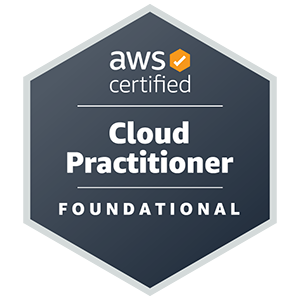
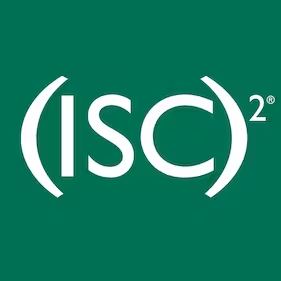
 Harry D'wayne James
Harry D'wayne James









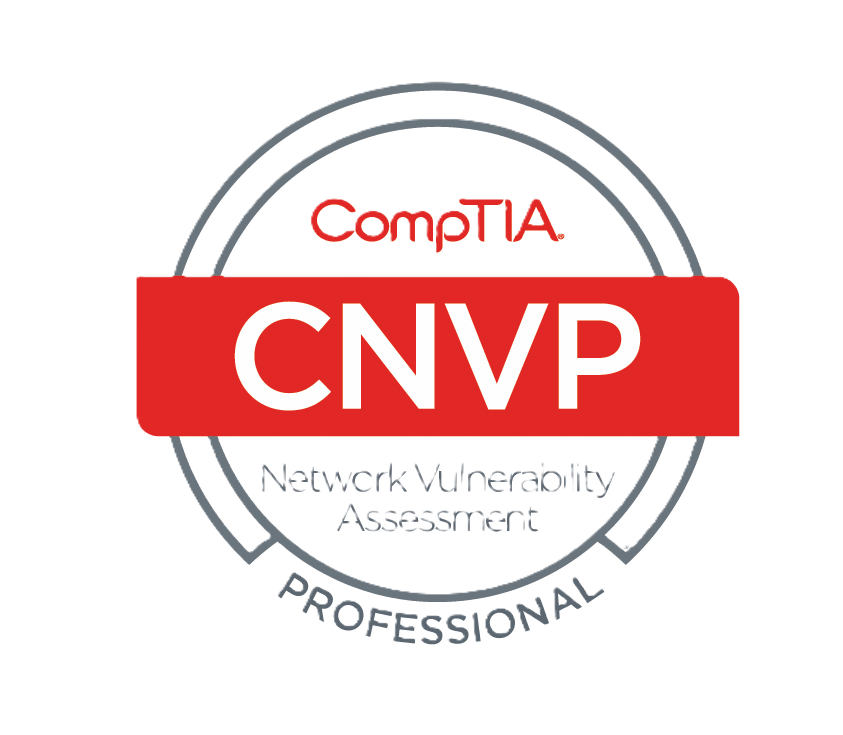
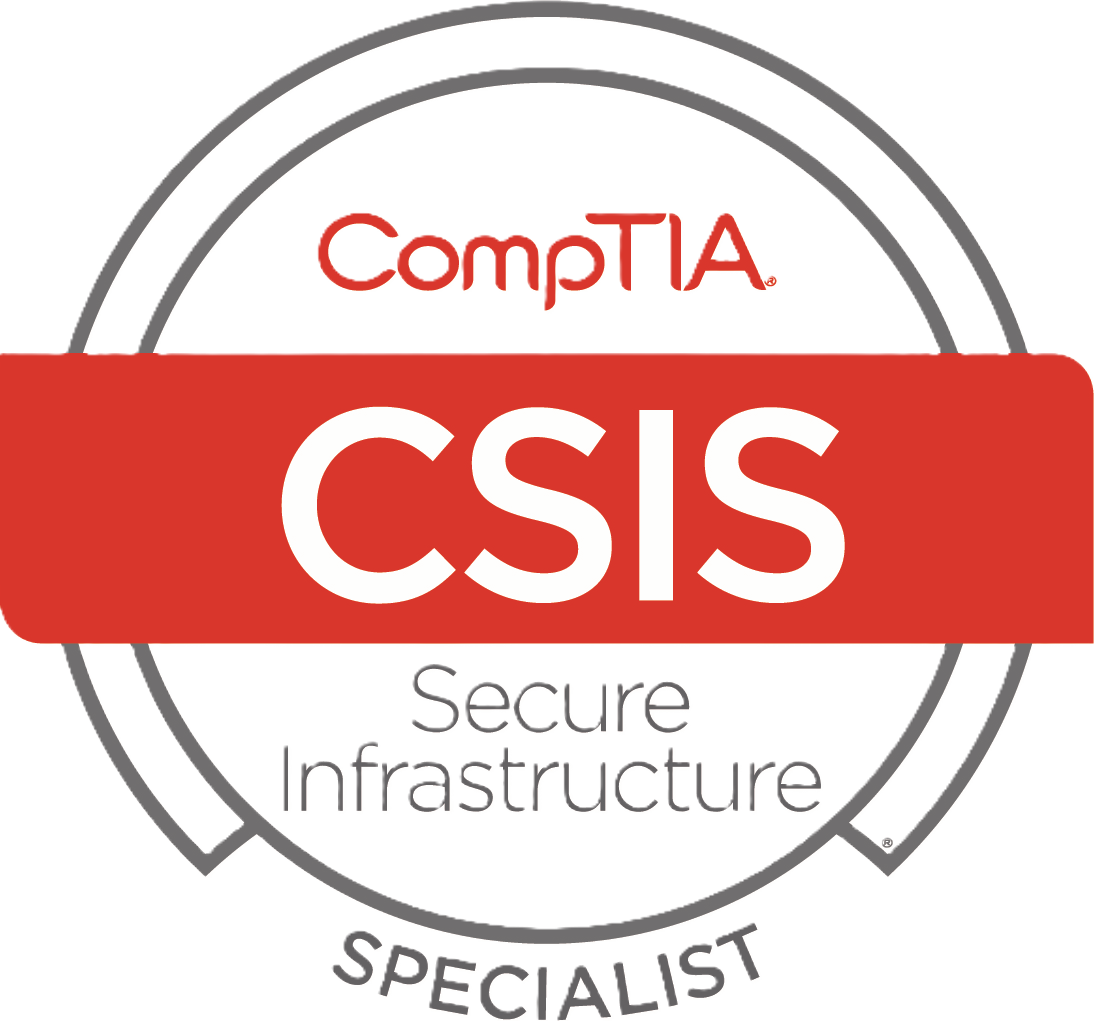
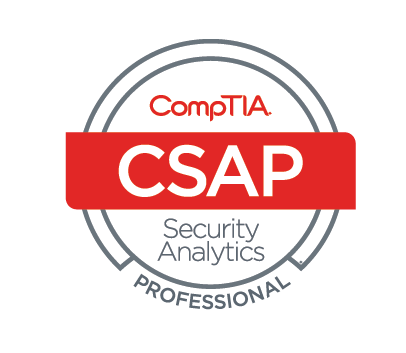

.png)